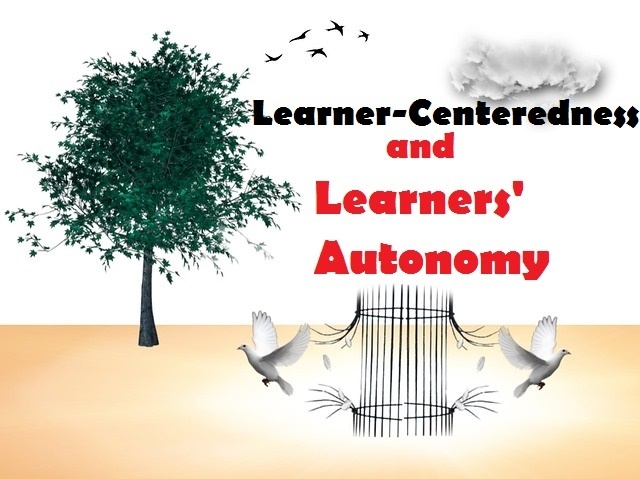As someone who grew up in the 80s, looking back at the teaching practices from my school days, it’s clear that many of those methods wouldn’t last a week in today’s classrooms—mostly by choice. What was once routine would likely be met with raised eyebrows or outright disapproval today. However, today’s teachers face an abundance of rules and paperwork that make their jobs more complicated. We often yearn for the freedom, fun, and simplicity that earlier educators enjoyed.
Here’s a look at sixteen practices from the past that would likely fail spectacularly in today’s educational environment:
- Unorthodox Discipline – We had some memorable discipline tactics, like putting your nose in a circle on the chalkboard or writing lines until your hand ached. The paddle with holes might be the most infamous, but other methods, like reading intercepted notes aloud, were pretty traumatic.
- Grading by the Book – Back then, grades were straightforward. There were no minimum Fs or retakes; if you didn’t study, you failed. Parents were vigilant about homework, ensuring kids did their work before playing outside.
- Teachers Leaving Students Alone – Sometimes, a student would be left to stand at the front of the room, staring at their classmates for minor infractions. It was effective, and it also gave teachers a moment to themselves.
- Recess Games – Recess was a time for games like “Butts Up” and “Red Rover.” While some games led to broken arms, others, like “Red Light, Green Light,” were classics. Imagine having three recesses a day!
- Teaching for Passion, Not Tests – Teachers taught with spontaneity and enthusiasm, not rigid scripts. There were no pep rallies for standardized tests; we read outdoors just for the love of reading.
- Sitting Down to Teach – My fourth-grade teacher taught from his desk, and we would line up to ask questions. Sometimes, by the time I reached the front, I’d forget what I wanted to ask.
- Real Consequences – Principals were more about discipline than being pals. The threat of a trip to their office was enough to keep us in line.
- Students Grading Papers – We swapped papers with classmates to grade, often facing public embarrassment when scores were called out. It was a strong motivator to get things right.
- Kindergarten Activities – Kindergarten used to be about kitchen sets, nap time, and coloring. Now, it’s more focused on academic standards and technology, leaving little room for traditional play.
- Smoking Lounges – Teachers who smoked had their own lounges. Some even lit up as soon as they dropped us off at lunchtime.
- McDonald’s Rewards – Taking students to McDonald’s as a reward would likely result in serious trouble today. Even with permission slips, it’d be considered a major breach.
- Teaching Cursive – Cursive writing was once a staple of education. Although many states have dropped it from standards, it was a much-anticipated part of our learning.
- Birthday Spankings – Believe it or not, birthday spankings were a thing. Teachers would call up birthday students for a “spanking,” which was just a bit of exaggerated fun, but I remember trying to avoid it.
- Round-Robin Reading – Counting ahead to practice reading your part while ignoring the current reader was stressful for everyone involved, and it didn’t do much for comprehension.
- Baked Goods – Class parties with homemade treats were a highlight. Nowadays, due to allergy concerns, only store-bought goods are allowed, which just doesn’t compare to the homemade goodies we enjoyed.
- Respect for Teachers – Teachers once held a higher regard, with parents backing them up on discipline. Today, it seems like teacher bashing is more common, often fueled by social media.
While we look back fondly at the freedoms and simplicity of the past, it’s worth noting that today’s classrooms have made strides in inclusivity, diversity, and a more holistic approach to education. There’s a greater focus on individualized learning and less on public shaming.







